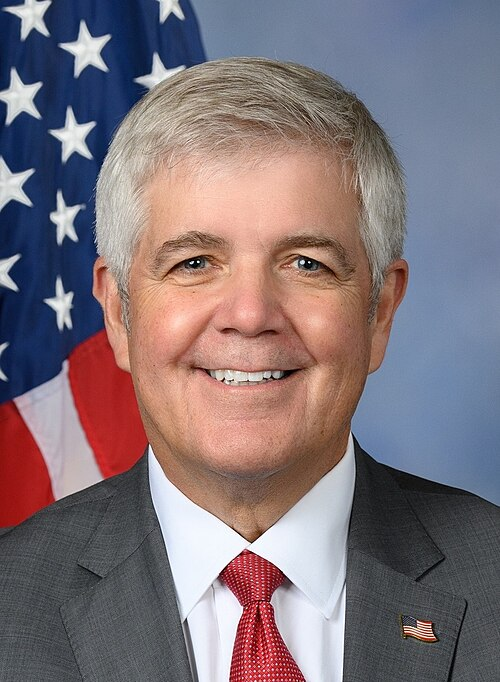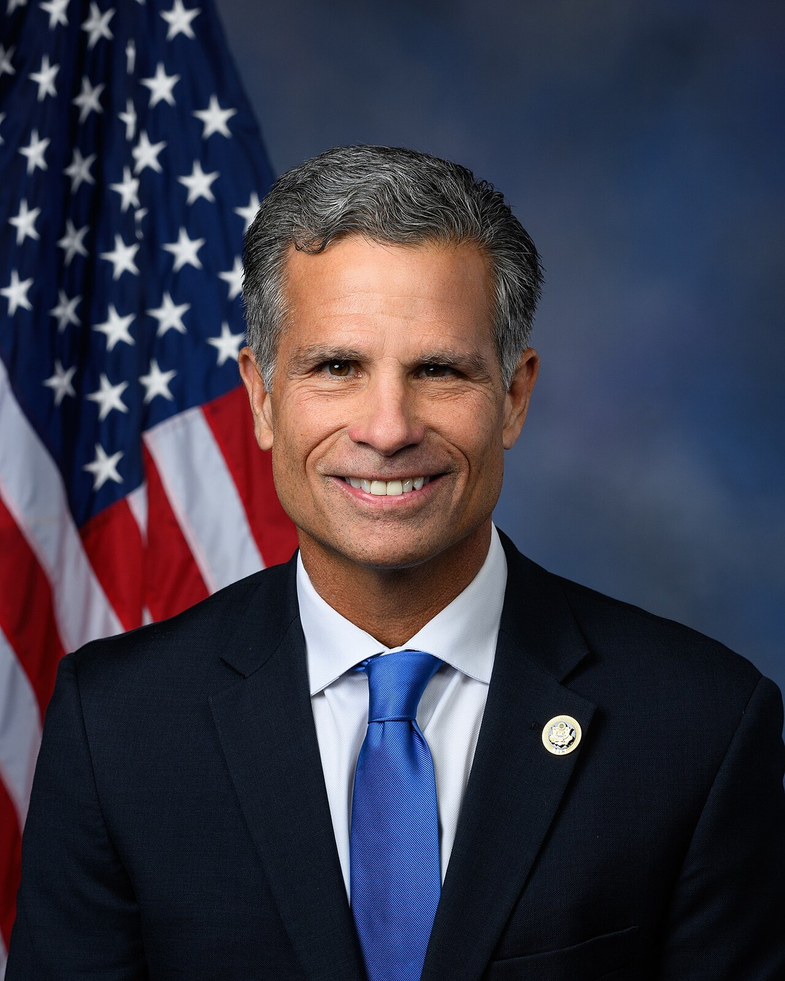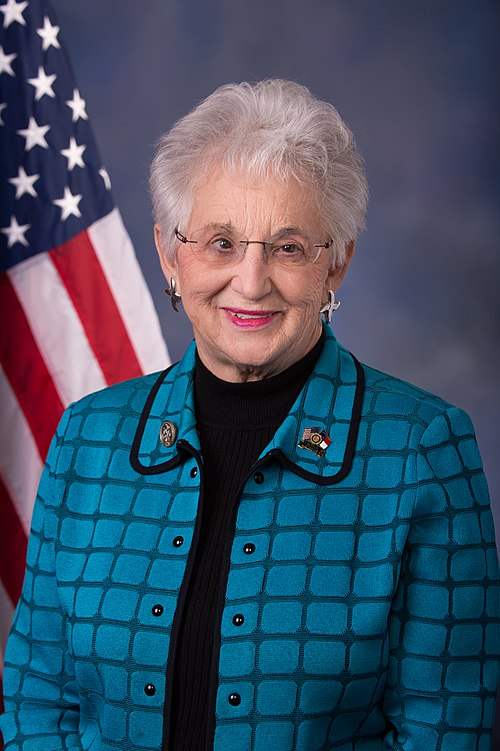H.R. 2821: FDA Modernization Act 3.0
This bill, known as the FDA Modernization Act 3.0, aims to update regulations related to the testing of new drugs and medical devices by shifting from traditional animal testing methods to alternative nonclinical testing methods. Here are the key components of the legislation:
Regulatory Changes
The bill mandates that the Secretary of Health and Human Services, through the Commissioner of Food and Drugs, must publish an interim final rule within one year of the enactment. This rule will:
- Update existing regulations in the Code of Federal Regulations (CFR) to replace references to “animal” tests and related terms with “nonclinical” tests.
- Integrate a definition for “nonclinical test” in several specific sections of the CFR related to drug approval processes.
Specific Sections Affected
The sections of the CFR that will be updated include, but are not limited to:
- Section 312.22(c)
- Section 312.23(a)(3)(iv)
- Section 314.50(d)(2)
- Section 601.35(d)
These updates aim to ensure that the regulations reflect the latest scientific and technological advancements in drug testing, which may reduce the reliance on animal testing.
Immediate Implementation
The bill provides that the interim final rule will take effect immediately and does not require the Secretary of Health and Human Services to demonstrate good cause for its immediacy. This means that there will not be a lengthy public comment period that typically accompanies new regulations, allowing for faster implementation of these changes.
Technical Amendments
Additionally, the bill includes a technical amendment related to the designation of subsections in the Federal Food, Drug, and Cosmetic Act, ensuring that recent legislative updates align with the new provisions established by this bill.
Goal of the Legislation
The overarching goal of this legislation is to modernize the FDA's approach to nonclinical testing, reflecting current scientific understanding and potentially reducing ethical concerns associated with animal testing.
Relevant Companies
- PFE - Pfizer Inc.: As a major pharmaceutical company, Pfizer may see changes in testing protocols for its drug development processes, potentially leading to reduced costs and timeframes for bringing drugs to market.
- NVS - Novartis AG: Similar to Pfizer, Novartis may benefit from adopting alternative nonclinical testing methods, thus aligning with the new regulatory frameworks.
- AMGN - Amgen Inc.: As a biotechnology company, Amgen could alter its product testing strategies to comply with the updated regulations, potentially expediting their research and development timelines.
This is an AI-generated summary of the bill text. There may be mistakes.
Sponsors
39 bill sponsors
-
TrackEarl L. "Buddy" Carter

Sponsor
-
TrackNanette Diaz Barragán
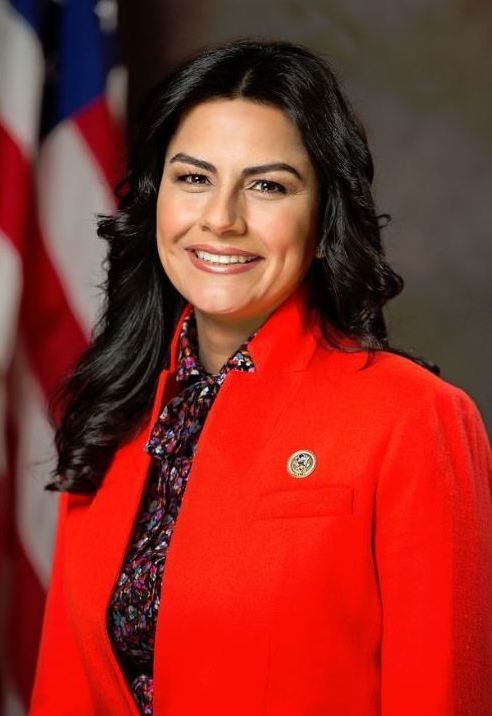
Co-Sponsor
-
TrackGus M. Bilirakis

Co-Sponsor
-
TrackVern Buchanan

Co-Sponsor
-
TrackKen Calvert

Co-Sponsor
-
TrackMike Carey

Co-Sponsor
-
TrackTroy A. Carter

Co-Sponsor
-
TrackJudy Chu
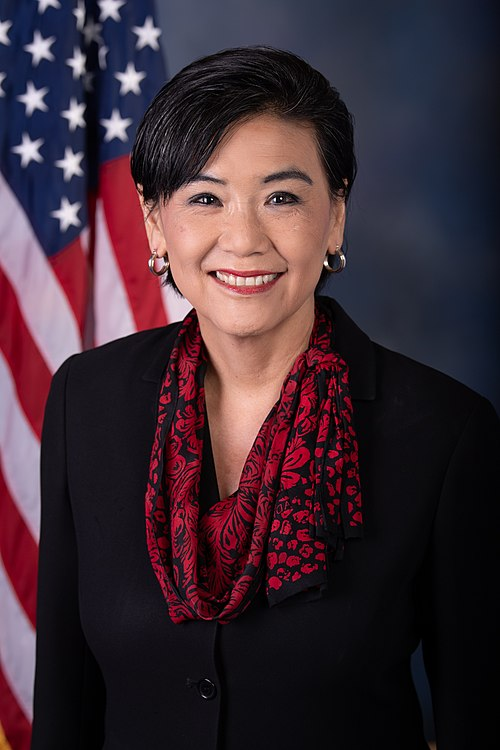
Co-Sponsor
-
TrackDan Crenshaw

Co-Sponsor
-
TrackJason Crow

Co-Sponsor
-
TrackRosa L. DeLauro

Co-Sponsor
-
TrackLloyd Doggett

Co-Sponsor
-
TrackScott Fitzgerald
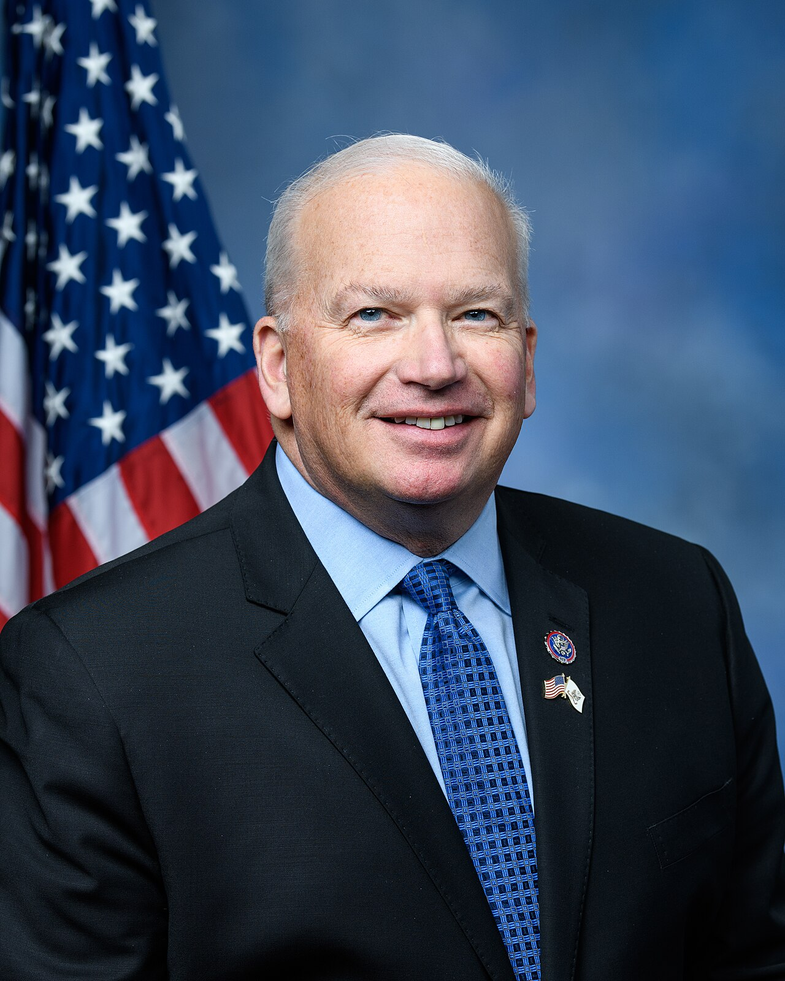
Co-Sponsor
-
TrackBrian K. Fitzpatrick
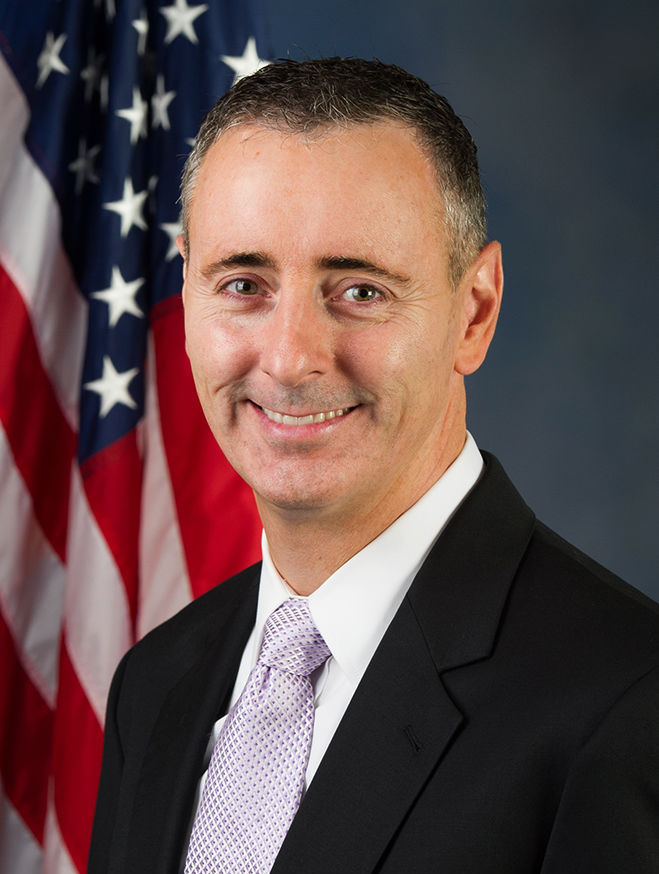
Co-Sponsor
-
TrackLois Frankel
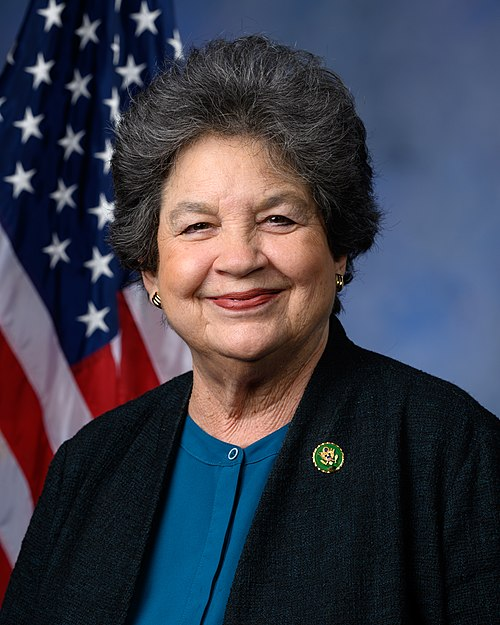
Co-Sponsor
-
TrackDaniel S. Goldman

Co-Sponsor
-
TrackJosh Gottheimer

Co-Sponsor
-
TrackJosh Harder

Co-Sponsor
-
TrackDiana Harshbarger
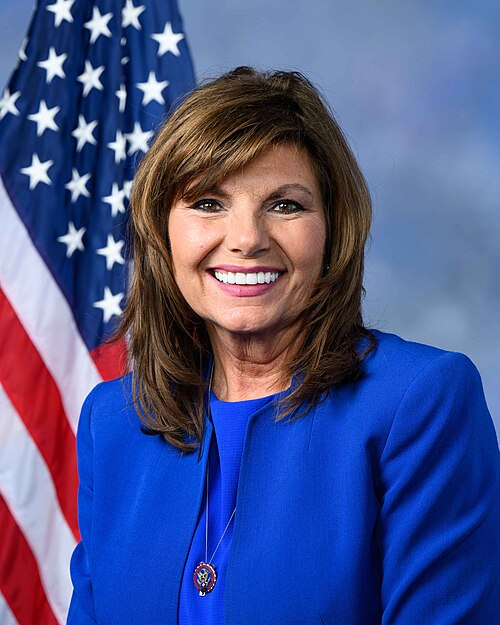
Co-Sponsor
-
TrackJulie Johnson

Co-Sponsor
-
TrackThomas H. Kean, Jr.

Co-Sponsor
-
TrackRaja Krishnamoorthi

Co-Sponsor
-
TrackMichael Lawler
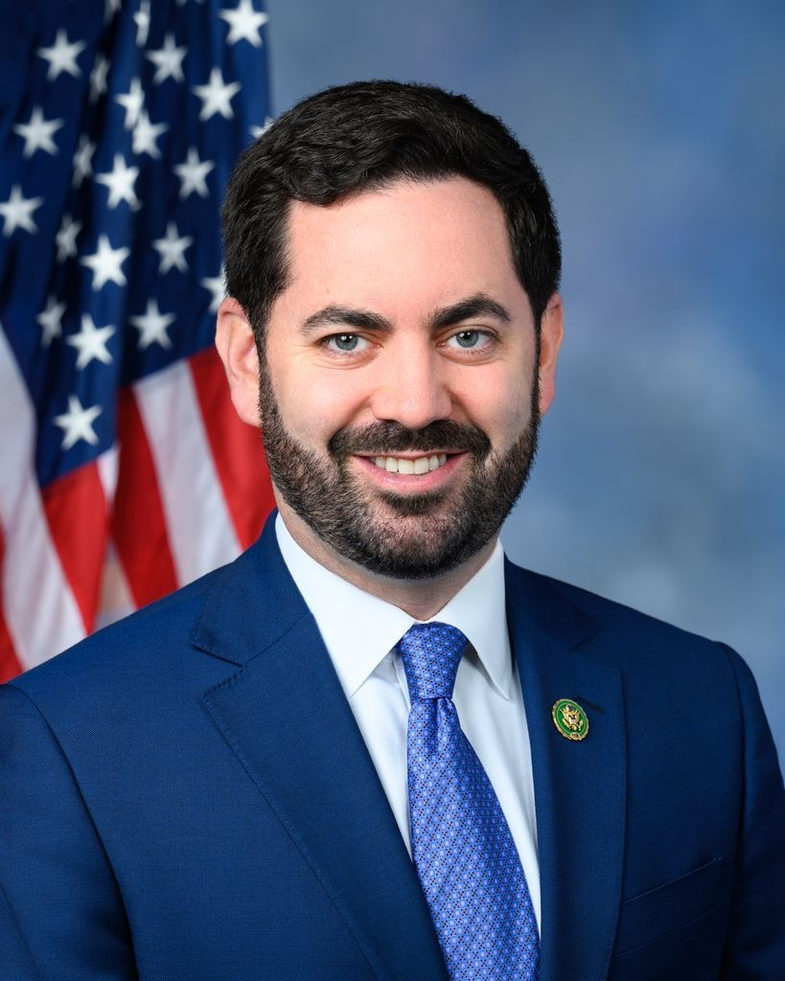
Co-Sponsor
-
TrackLaurel M. Lee
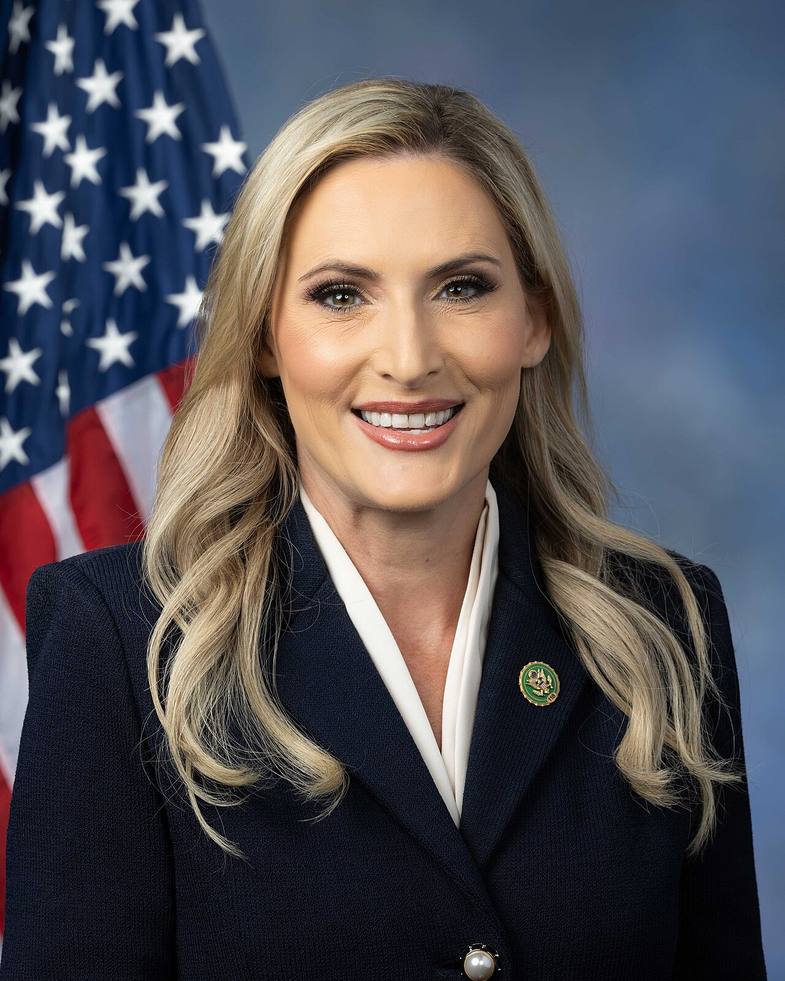
Co-Sponsor
-
TrackTed Lieu
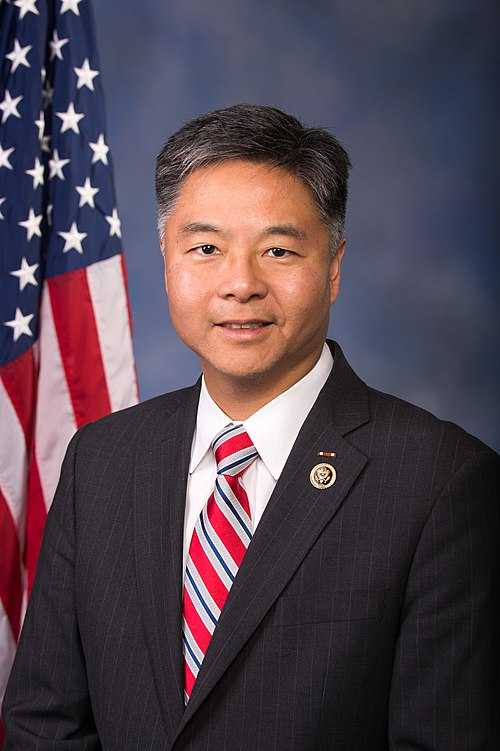
Co-Sponsor
-
TrackNicole Malliotakis
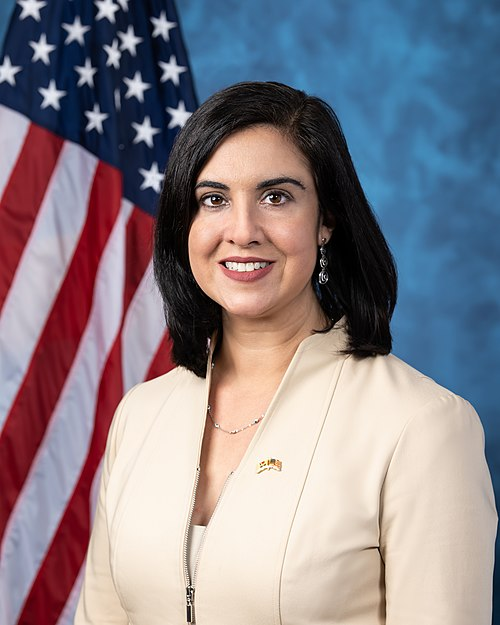
Co-Sponsor
-
TrackJerrold Nadler
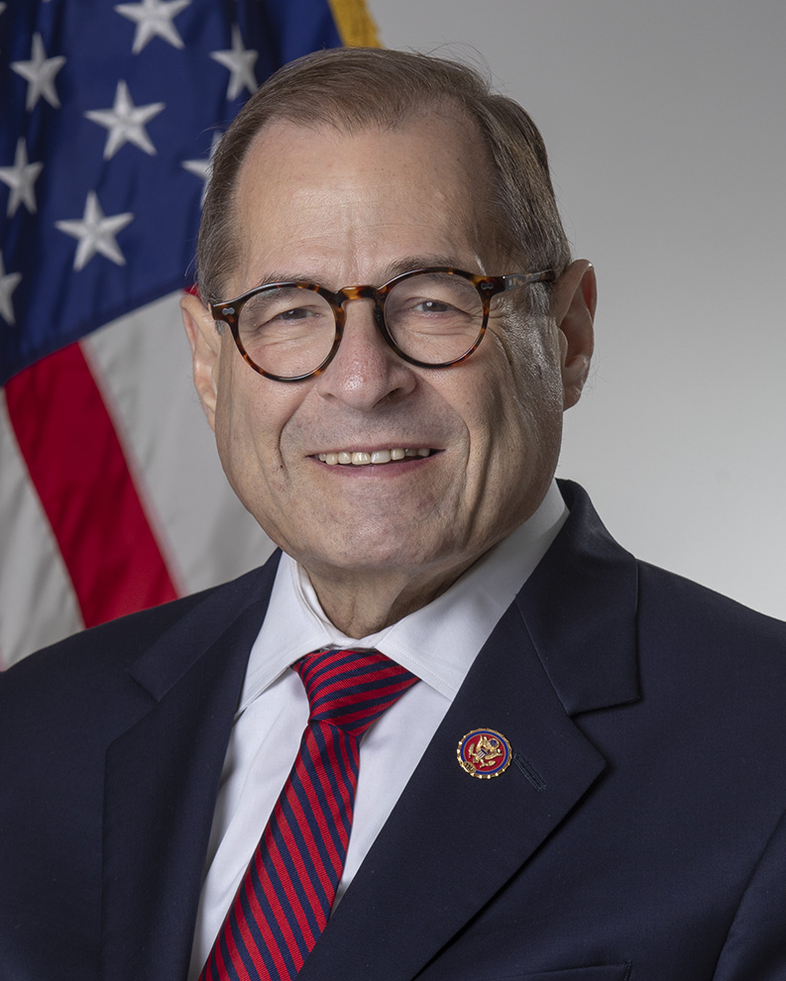
Co-Sponsor
-
TrackJoe Neguse

Co-Sponsor
-
TrackEleanor Holmes Norton

Co-Sponsor
-
TrackJay Obernolte
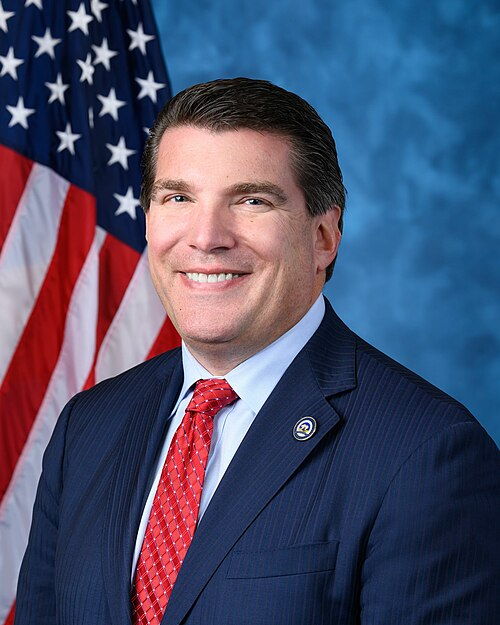
Co-Sponsor
-
TrackMark Pocan
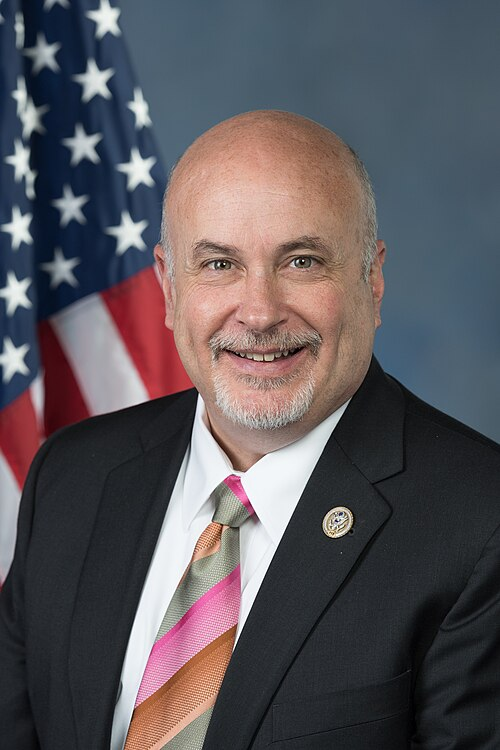
Co-Sponsor
-
TrackMaria Elvira Salazar

Co-Sponsor
-
TrackHillary J. Scholten

Co-Sponsor
-
TrackChristopher H. Smith

Co-Sponsor
-
TrackDarren Soto
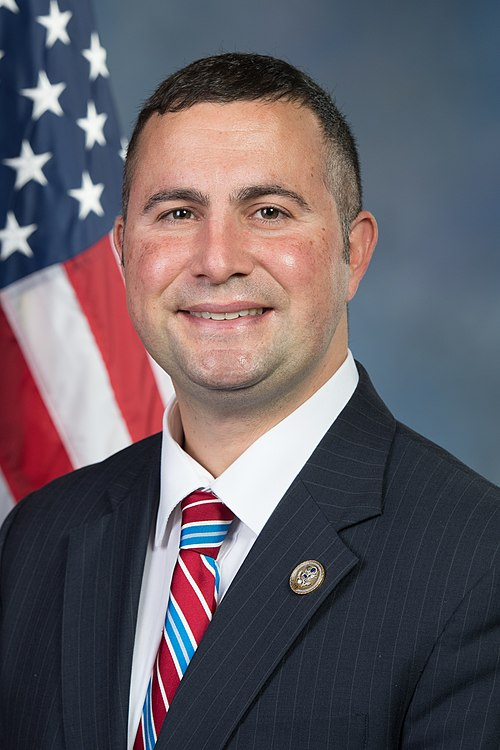
Co-Sponsor
-
TrackClaudia Tenney

Co-Sponsor
-
TrackDavid G. Valadao
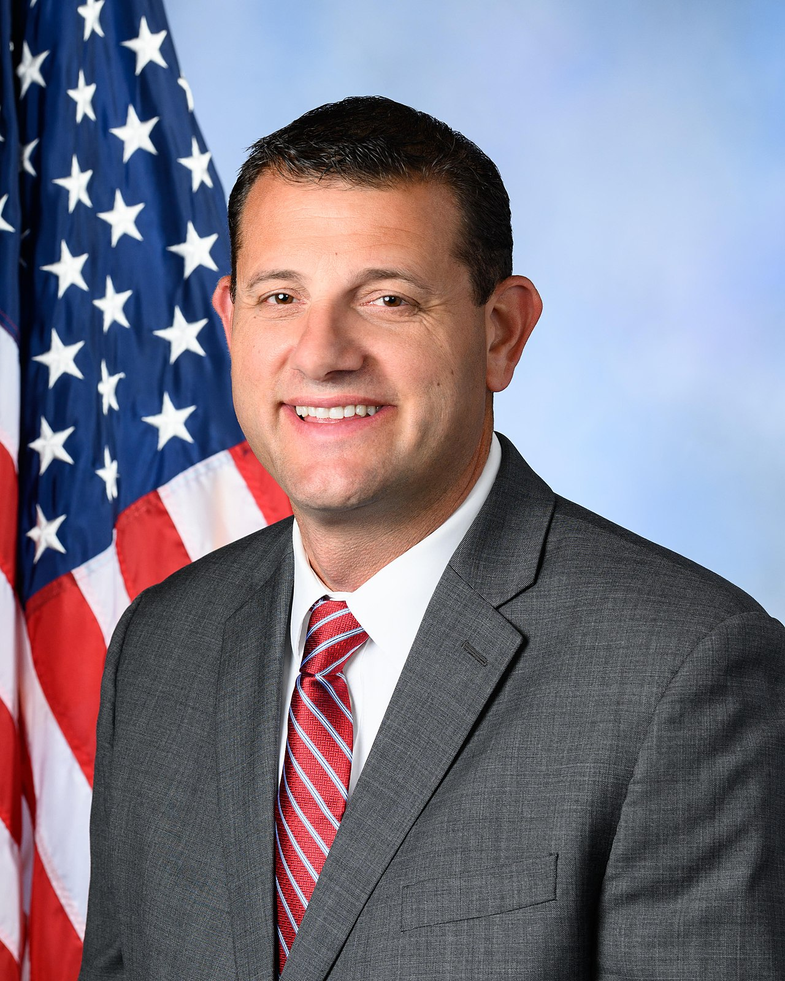
Co-Sponsor
-
TrackEugene Vindman
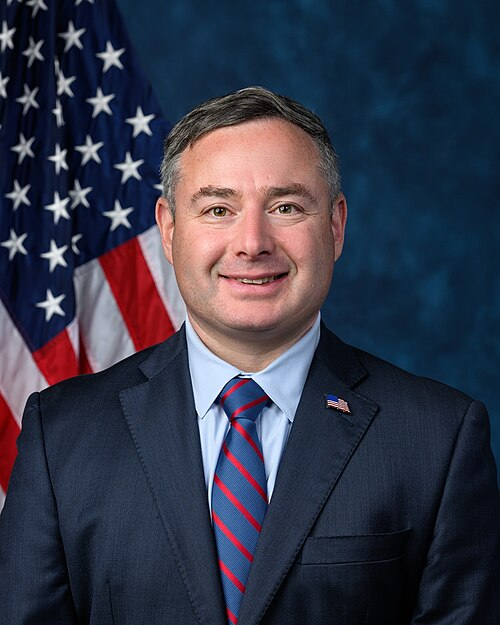
Co-Sponsor
-
TrackRandy K. Weber, Sr.

Co-Sponsor
Actions
2 actions
| Date | Action |
|---|---|
| Apr. 10, 2025 | Introduced in House |
| Apr. 10, 2025 | Referred to the House Committee on Energy and Commerce. |
Corporate Lobbying
0 companies lobbying
None found.
* Note that there can be significant delays in lobbying disclosures, and our data may be incomplete.











